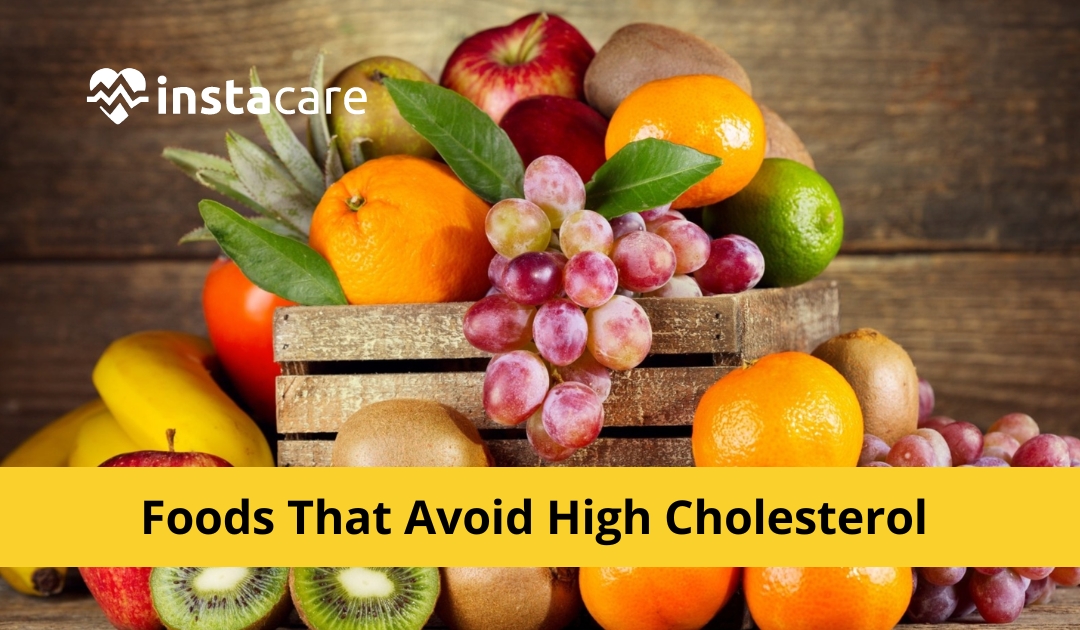Cholesterol is indeed a waxy substance found in your blood and some foods. Your body needs to function properly, but too much of it can increase your risk of heart disease and stroke. Genetic factors, lifestyle choices, or medical conditions can cause high cholesterol. Fortunately, some foods can help lower cholesterol levels and improve your health. Here are some of the top foods you need to know about that avoid high cholesterol.
1- Oats
Oats are surely a great source of soluble fiber, which can help reduce the cholesterol your liver produces and absorbs from your diet. In the digestive tract, soluble fiber binds to cholesterol and helps your body eliminate it. According to the best nutritionist, eating 5 to 10 grams of soluble fiber daily can lower your LDL (bad) cholesterol by 3 to 5 percent. One cup of cooked oatmeal provides about 4 grams of soluble fiber, so start your day with a bowl of oats and add some fruits, nuts, or indeed seeds for extra flavor and nutrition.
2- Beans
Beans are another food rich in soluble fiber that can help lower your cholesterol levels. Beans also contain plant-based protein, which can replace some animal protein in your diet that may be high in saturated fat and cholesterol. Beans also have other benefits for your health, such as lowering your blood pressure, regulating your blood sugar, and providing antioxidants and minerals. You can choose from various beans, such as black beans, kidney beans, pinto beans, chickpeas, lentils, and more. Try adding beans to your salads, soups, stews, or dips.
View More: 8 Amazing Gond Katira Benefits
3- Nuts
Nuts are a delicious snack that can help you avoid high cholesterol. Nuts are indeed high in unsaturated fats, which can lower your LDL cholesterol and also raise your HDL (good) cholesterol. Nuts also contain fiber, protein, antioxidants, and minerals that can benefit your heart health. However, nuts are also high in calories, so moderation is key. The American Heart Association recommends eating about a handful of nuts daily, or about 1.5 ounces. You can choose almonds, walnuts, pistachios, pecans, and hazelnuts. Avoid salted or candied nuts, which may have added sodium or sugar.
4- Avocado
Avocado is a creamy fruit that can help you avoid high cholesterol. Avocado is high in monounsaturated fats, which can lower LDL cholesterol and raise HDL cholesterol. Avocado also contains fiber, potassium, vitamin E, and plant sterols, which can block cholesterol absorption from your diet. Avocado can be eaten as it is or added to salads, sandwiches, smoothies, or guacamole. However, like nuts, avocado is also high in calories, so limit your intake to about a quarter or half of an avocado per day.
5- Fatty Fish
Fatty fish are indeed a good source of omega-3 fatty acids, which can lower triglycerides (fat in your blood) and prevent plaque buildup in your arteries. Omega-3 fatty acids can also lower your blood pressure and reduce inflammation. Fatty fish include salmon, tuna, sardines, mackerel, herring, and trout. The American Heart Association surely recommends eating at least two servings of fatty fish per week, or about 8 ounces. Choose baked, grilled, or broiled fish over fried or breaded fish.
Conclusion
Eating foods that avoid high cholesterol can help lower your heart disease and stroke risk. Some top foods that avoid high cholesterol are oats, beans, nuts, avocados, and fatty fish. These foods are not only good for your cholesterol levels but also your overall health. However, eating these foods alone is not enough to prevent high cholesterol. You also need to limit your intake of foods high in indeed saturated fat and cholesterol, such as red meat, cheese, butter, and eggs. You must also exercise regularly, quit smoking, and manage stress. By following these tips, you can keep your cholesterol levels under control and enjoy a healthy life.


